NATO M&S COE Courses & Training Activities in 2024

The 2024 training program of the NATO Modelling and Simulation Centre of Excellence (NATO M&S COE), dedicated to the world of modelling and simulation, is now available.
The importance of simulation, for both military and civilian applications, is becoming increasingly evident, especially considering emerging challenges related to multiple domains, cybernetics, artificial intelligence, autonomous systems, and electromagnetic operations. Simulation also serves as a bridge for multidimensional, joint, and interagency training activities, requiring increased interoperability and coordination among the involved actors.
For 2024, a total of eight courses will be offered, including an introductory online course on Modelling & Simulation and seven immersive residential experiences. Our course catalogue includes both the historical annual courses approved by NATO and the new offerings conducted by the NATO M&S COE on the multidimensional simulation system JTLS-GO. JTLS-GO is a state-of-the-art simulator, enabling global-level strategic and operational training activities, involving air, land, naval, special, and civilian forces. JTLS-GO is one of the products of the Next Generation of M&S, a NATO capability program aiming to develop and integrate the best available simulators for the needs of the Alliance.
The NATO M&S COE relies on a team of internal and external instructors, including simulator manufacturers, the Italian Army’s CESIVA simulation and validation center, NATO JWC and JFTC training centers, professors from the University of Genoa, Tor Vergata and the Defence University of the Czech Republic. Last but not least, vital expertise comes from SMEs from other NATO centres of excellence.
NATO’s approval of the NATO M&S COE’s training portfolio is visible on the “Education and Training Opportunities Catalogue” (ETOC) portal and on the NATO JADL platform for the online course.
The NATO M&S COE concluded 2023 with a positive balance of its training and simulation activities, involving approximately 200 students from various NATO and PfP nations and organizations.
Among the most sought-after and appreciated courses were the NATO CAX Specialist Certification Course, preparing participants to serve as CAX Operators in a NATO exercise response cell and the NATO M&S Basic Course, providing fundamental knowledge of M&S in the military context.
This achievement underscores the importance of training as a tool for maintaining the operational effectiveness of the Alliance in an increasingly complex and dynamic environment. M&S-based training offers numerous advantages, including cost reduction, risk mitigation, environmental impact reduction, realistic and variable scenario reproduction, ease of integration across different platforms and domains, and performance analysis and evaluation.
The only requirement is to be ready to immerse yourself in a world of engaging and cutting-edge learning!
For further details and information, click on:
M&S Courses and Training Activities
Written by Cdr Dino D. Tropea and Lt. Col. Cristoforo Russo NATO M&S COE
+++++++++++++
The NATO Modelling & Simulation Centre of Excellence is dedicated to the promotion of Modelling & Simulation in support of operational requirements, training and interoperability. The Centre act as a catalyst for transformation through the involvement of NATO, governments, academia, industry, operational and training entities, by improving the networking of NATO and nationally owned Modelling & Simulation systems, the cooperation between Nations and organizations through the sharing of Modelling & Simulation information and developments and serving as an international source of expertise for transformation in the related domain. https://www.mscoe.org
NATO Centres of Excellence are nationally or multi-nationally funded institutions accredited by NATO. They train and educate leaders and specialists from NATO member and partner countries, assist in doctrine development, identify lessons learned, improve interoperability and capabilities, and test and validate concepts through experimentation. They offer recognized expertise and experience that is of benefit to the Alliance and support the transformation of NATO, while avoiding the duplication of assets, resources and capabilities already present within the NATO command structure. Although not part of the NATO command structure, they are part of a wider framework supporting NATO Command Arrangements. [source https://www.act.nato.int/centres-of-excellence]


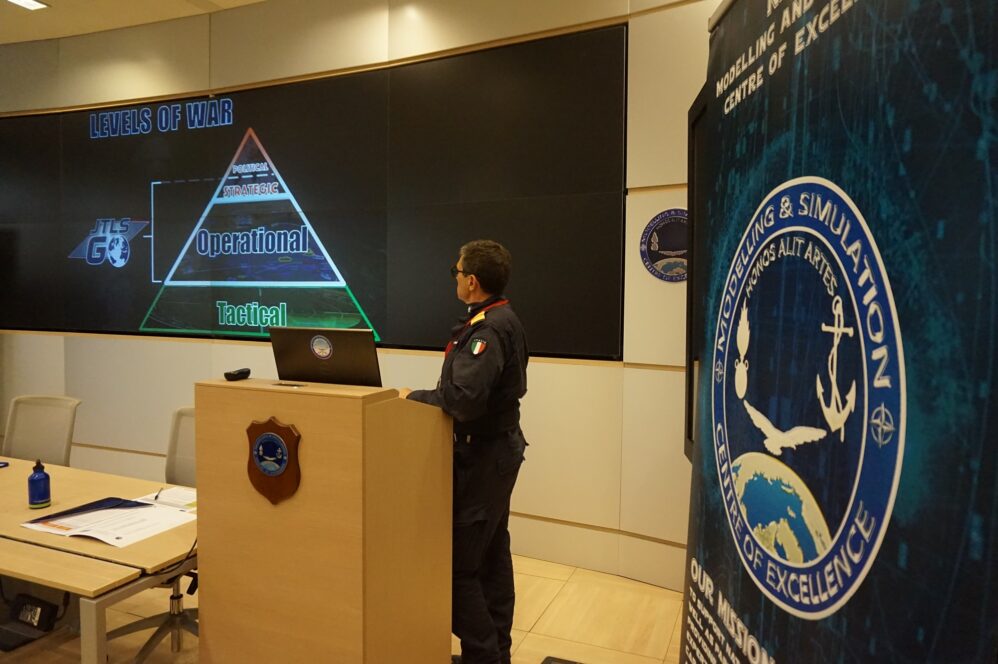
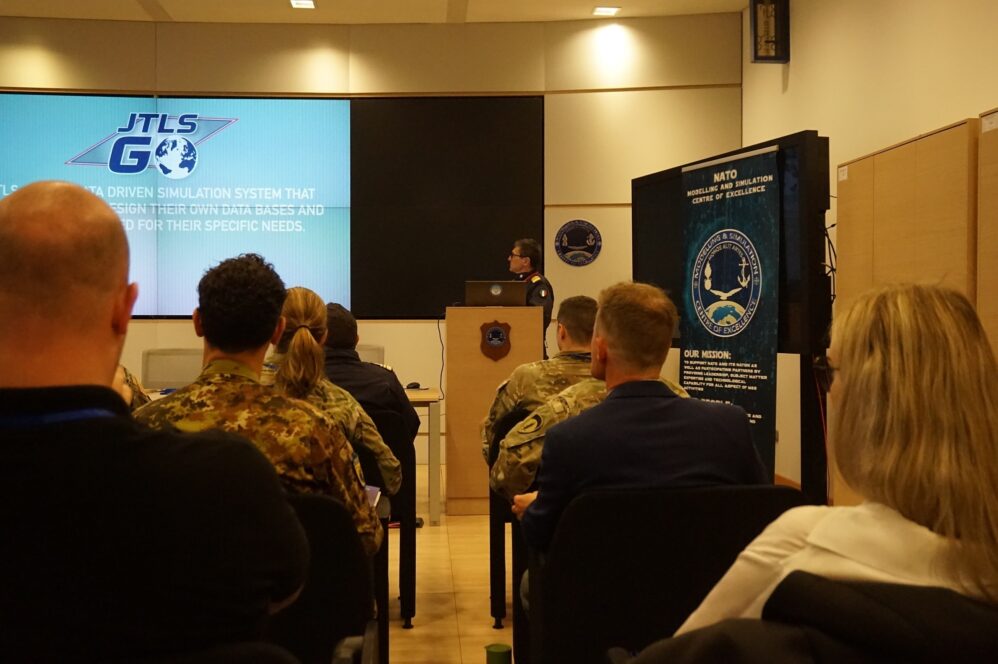
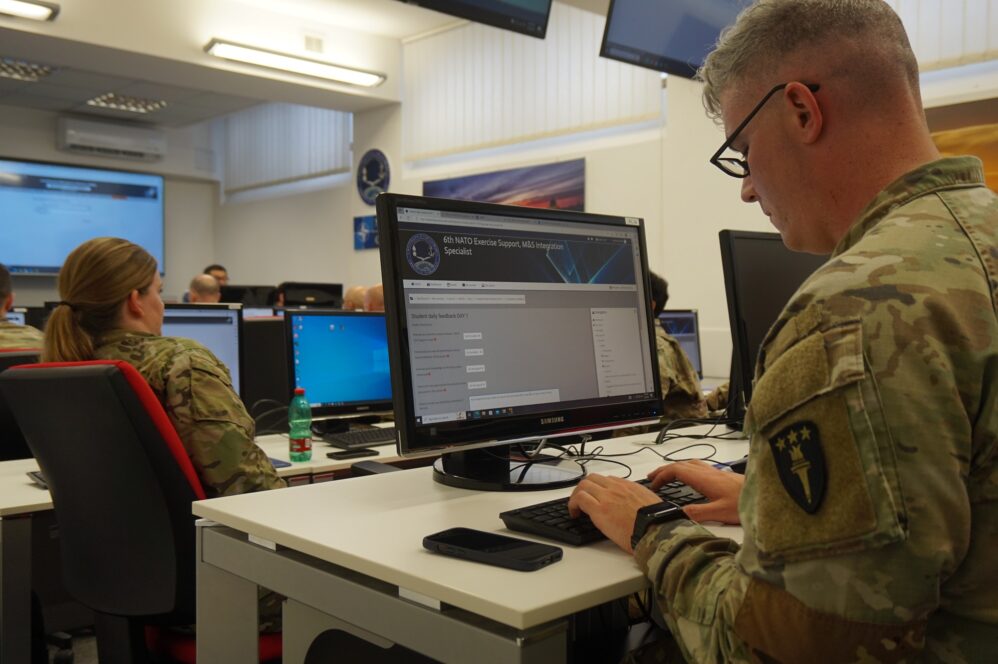
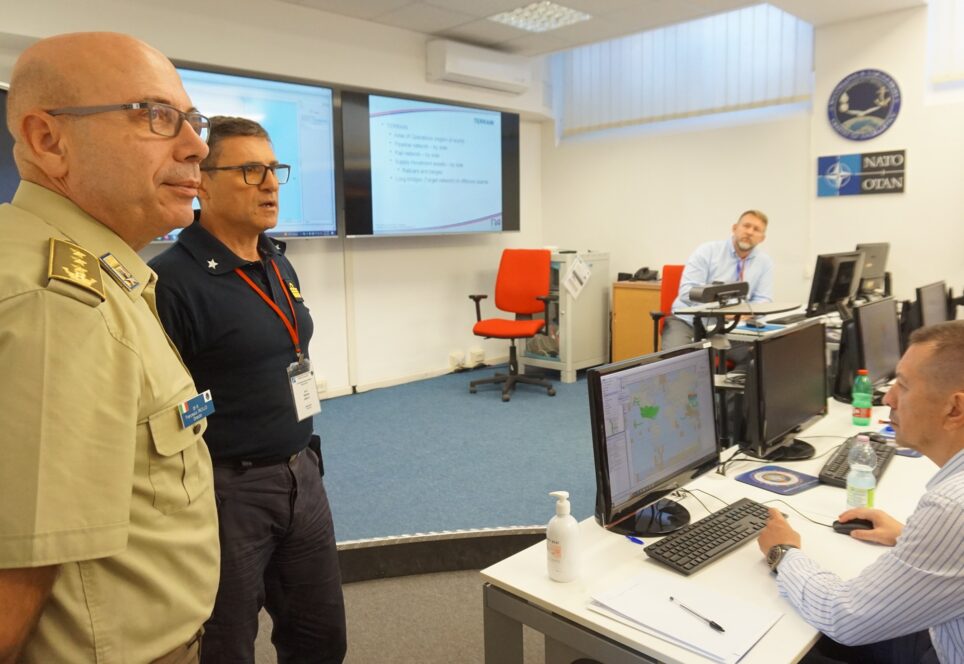

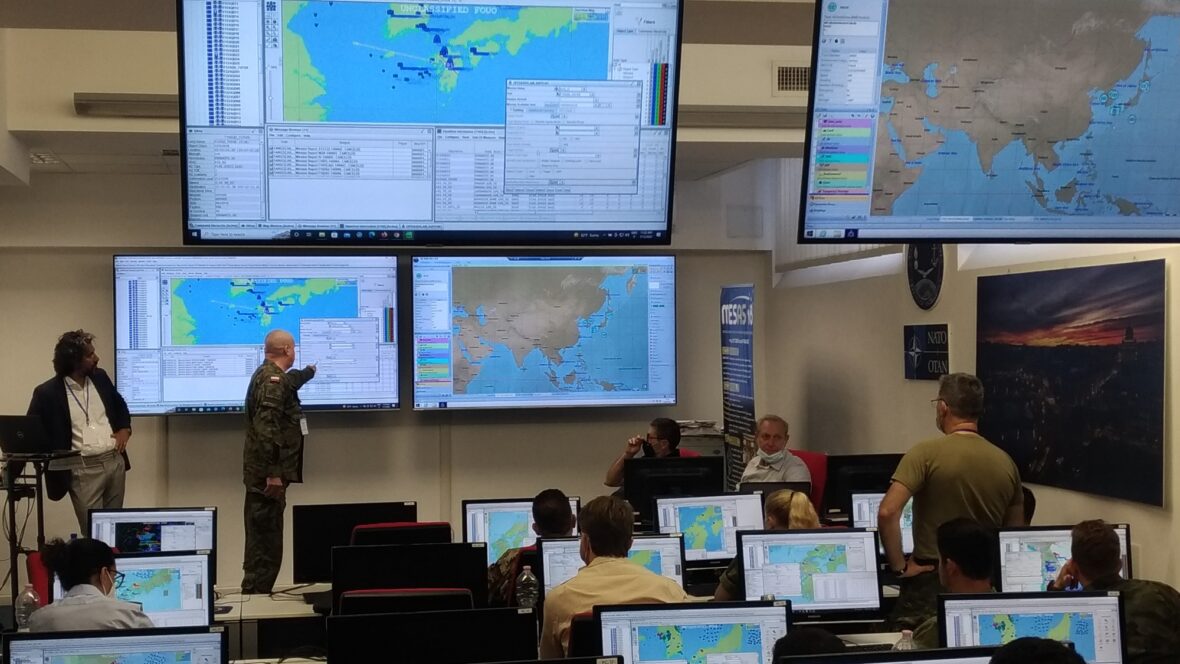
 NATO
NATO